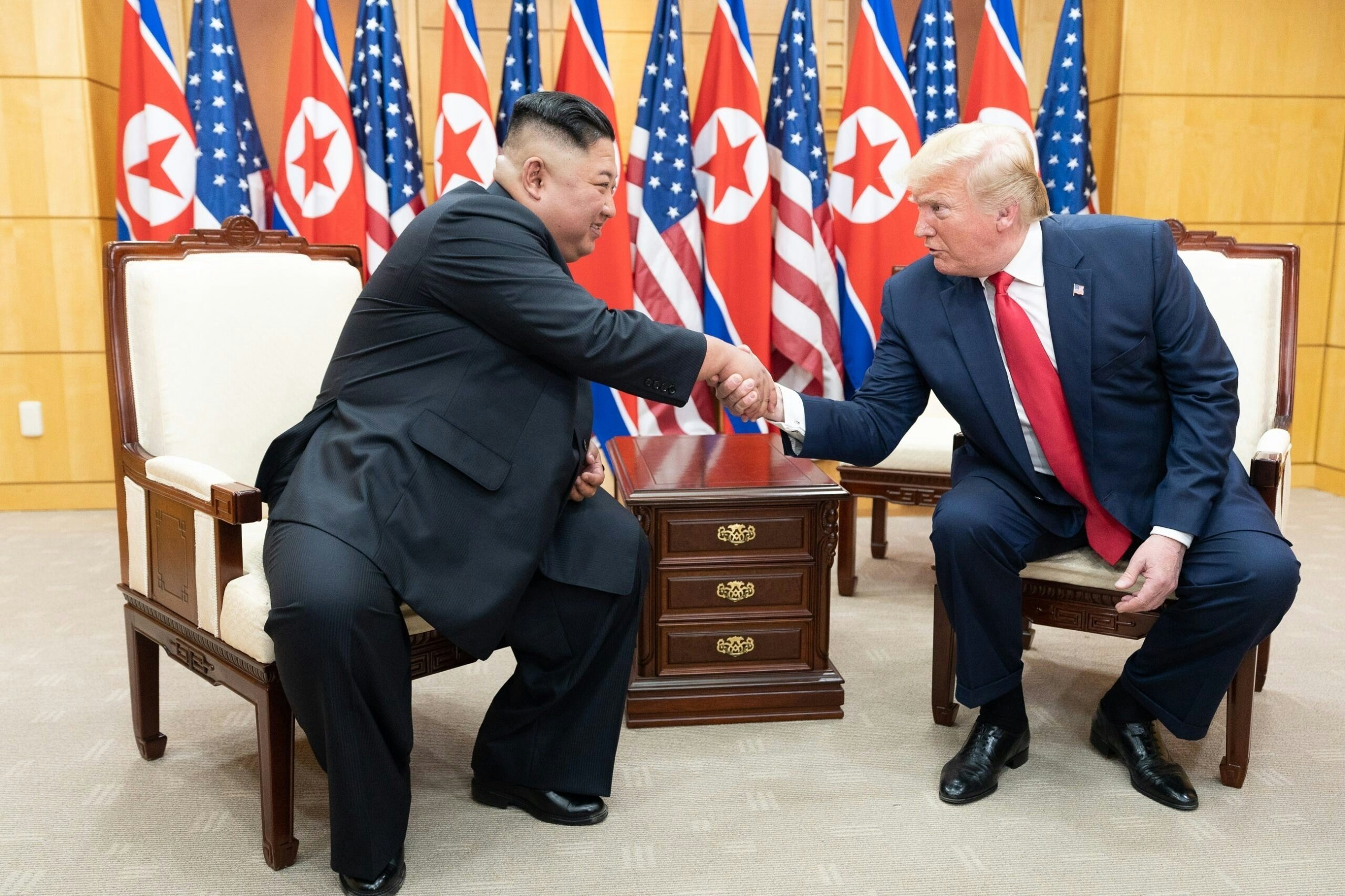Today marks the 17th anniversary since President George W. Bush signed the legislation authorizing the President’s Emergency Plan for AIDS Relief (PEPFAR) into law. The Bush Institute's Crystal Cazier reflects on how PEPFAR has contributed to the development of healthcare systems that are now being adapted to support COVID-19 responses across Africa.
On May 27, 2003, President George W. Bush signed the legislation authorizing the President’s Emergency Plan for AIDS Relief (PEPFAR) into law. PEPFAR has continued across three administrations and survived three reauthorizations. As a response to the AIDS pandemic wreaking havoc across sub-Saharan Africa, PEPFAR has saved at least 18 million lives, including 15.7 million on treatment, 79.6 million tested, and 2.6 million babies born HIV-free to infected mothers.
Together with other global partners, including the Global Fund to Fight AIDS, Tuberculosis, and Malaria, to which the U.S. contributes funding, UNAIDS estimates that the total number of people on live-saving drugs worldwide is 24.5 million – an impressive number. But, it only represents about 65 percent of the total population of people living with HIV. Although warnings had been given that the global community was off track to reach the 2030 goal of ending the AIDS epidemic, COVID-19 has now threatened progress further. UNAIDS and the World Health Organization recently released information that a six-months disruption in HIV treatment as a result of COVID-19 could lead to in an additional 500,000 deaths from AIDS-related illness.
While there are very real concerns about the effects of COVID-19 in Africa including number of people infected, implications for other health-related outcomes, set-backs in women’s rights and empowerment, and extended economic suffering, Africa’s leaders responded early and seriously to the threat of COVID-19. And PEPFAR, working alongside the leadership of national governments, in collaboration with multilateral organizations, and with dedication of on-the-ground partners and care providers, is taking diligent action to protect the gains made in the fight against HIV and other preventable disease, while at the same time tackling COVID-19.
Beyond the number of people on treatment and tests done in the last 17 years, PEPFAR has contributed to the development of healthcare systems that are now being adapted to support COVID-19 responses across Africa. Testing, tracing, and surveillance are key components in disease mitigation efforts, and because of its experience with HIV, TB, or Ebola, Africa is already many steps ahead of a lot of higher income regions.
PEPFAR supports more than 3,000 labs – most of which are in sub-Saharan Africa – and the infrastructure in labs and expertise of lab technicians are being used to test for COVID-19. A robust pool of community healthcare workers already adept at testing and tracing are being deployed for the COVID-19 response. For example, just in South Africa, 60,000 health workers have been going house to house to screen for COVID-19. The partnership approach PEPFAR takes in working with a variety of stakeholders, from national government representatives to faith-based and community leaders, is critical to efforts to ensure an inclusive and sustainable response that accounts for the multi-dimensional implications of a global pandemic.
With American leadership, the world responded to the AIDS pandemic and partnered with African nations to build an infrastructure on which COVID-19 is currently being fought. Similar, bold leadership will be needed for a response to COVID-19 that considers not only human survival, but also long-term wellbeing. Africa’s leaders are rising to the challenge and it’s our responsibility to join with them. Disease doesn’t respect borders. Americans won’t be safe until everyone, everywhere is safe.































